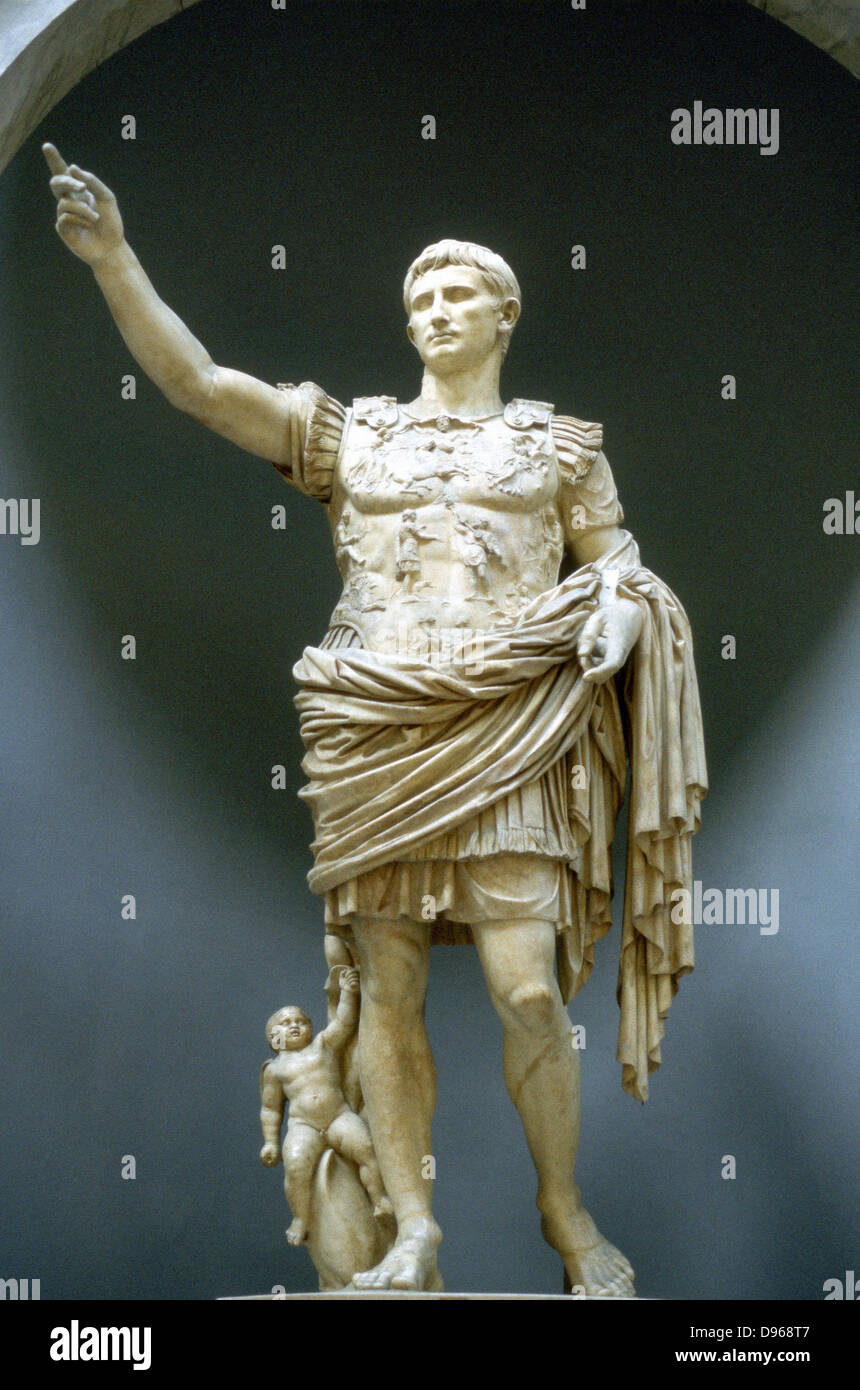

So it’s pretty unsurprising the people were keen to keep the peace! 4. He also vastly increased his bodyguard’s size, making up a total of nine cohorts, composed of 4,500 soldiers. While most of Rome’s leaders ensured their protection with a personal entourage (particularly during times of conflict), Augustus was the first to establish one permanently. He also introduced a personal bodyguard for himself called the ‘ Praetorian Guard‘ to ensure history didn’t repeat itself in the form of an assassination attempt, as befell his predecessor, Julius Caesar. He raised payments for his soldiers and rewarded them handsomely for quelling any would-be rebellions. Using his vast powers within the Senate, he marshalled extra forces to visit all of the conquered territories to ensure they were kept in-line. Augustus didn’t trust the Provincial governors to manage Rome’s tribute states and preferred to keep a close eye on them himself. This sounds idyllic but rather than a period of utopia-like harmony, it was more like one of heavily enforced hegemony. One of the most significant aspects of Augustus’ reign was that he ushered in a two hundred year long period of relative peace within the Roman Empire, which came to be known as Pax Romana. He is remembered for bringing about a 200 year long period of peace for the Roman Empire This might seem like a tall order, but not when one considers… 3. So combined, his name implies ‘adding to’ the already substantial legacy of his predecessor. Derived from the latin word ‘auger’ meaning ‘to increase’, the former part of his name, ‘Augustus’, means ‘serene’ or ‘exalted’. Augustus was well aware he needed to capitalise on his familial name to earn the people’s trust – even if he was only distantly related to Julius Caesar (more on this to come). In the world of Ancient Roman politics, public perception was everything. His name means “exalted”īorn Gaius Octavius (or Octavian), the young leader took the name ‘Augustus Caesar’ following Julius Caesar’s death. To his (and the Roman government’s) surprise the young eighteen year old was proclaimed Caesar’s successor when his will was read out in the Senate, igniting a bitter struggle for power. Though he was trained in from a young age and accompanied Julius on campaigns abroad, Octavius didn’t actually find out he was adopted until Julius was assassinated. His great-nephew, Gaius Octavius proved to be the lucky candidate. Soon, the time came when the Roman leader had no other option but to adopt his closest male relative, as was commonly done within the Roman Empire.

He was adopted by Julius Caesarīusy ruling an Empire, Julius Caesar had only one legitimate daughter – Julia Caesaris – who passed away upon giving birth in 54 BCE. Heir to Julius Caesar, he was one of the most famous (and controversial) leaders from Ancient Rome, but how much do you really know about Caesar Augustus? From political strife to private life, here are 8 facts you mightn’t know about the famous Roman Statesman.


 0 kommentar(er)
0 kommentar(er)
